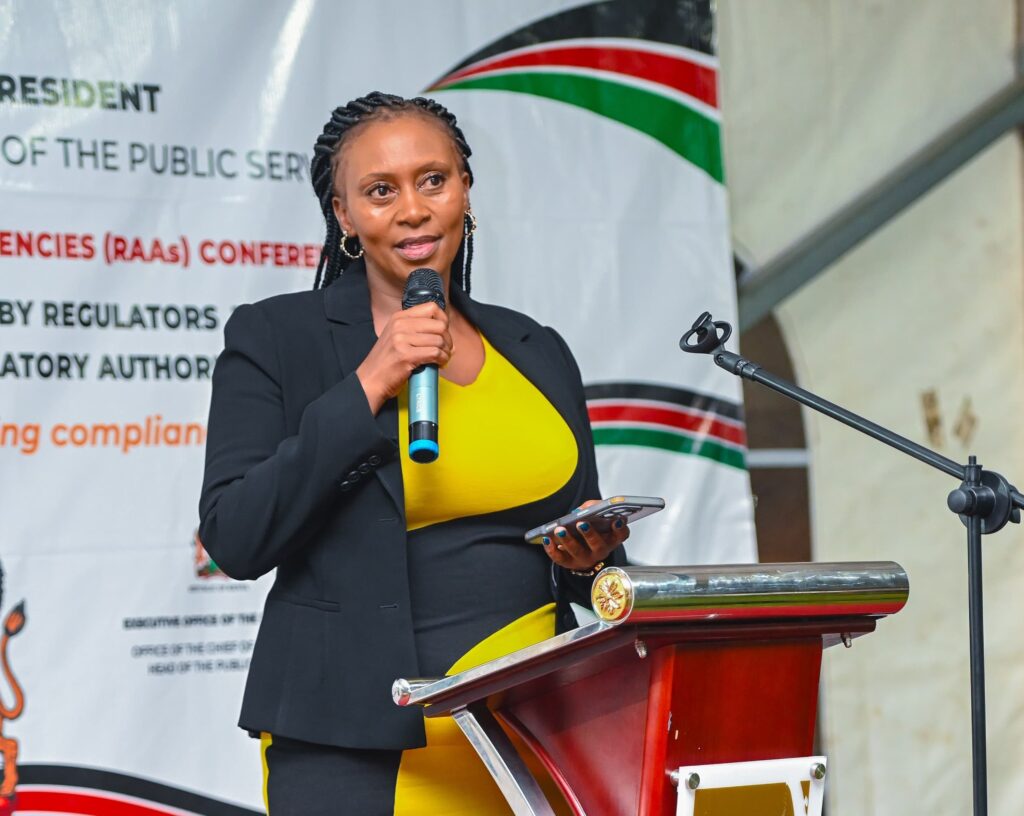The Ministry of Health has confirmed 137 cases of Mpox across 17 counties in Kenya, as of June 9, signaling a growing outbreak of the viral disease. The ministry has observed a notable rise in infections, particularly in regions beyond the Northern transport corridor.
The affected counties and case numbers are as follows: Busia (48), Mombasa (37), Nakuru (16), Makueni (10), Nairobi (5), Kajiado (3), Bungoma (3), Taita Taveta (2), Kericho (2), Kilifi (2), and Kiambu (1). Additional counties with reported cases include Uasin Gishu (1), Migori (1), Machakos (2), Isiolo (1), Kisii (1), and Kirinyaga (1).
Health authorities have identified 400 contacts linked to confirmed cases. Of these, 315 individuals have completed the recommended 21-day monitoring period. Out of all identified contacts, 15 have tested positive for the virus, indicating that transmission is ongoing but being closely tracked.
To strengthen the national response to the outbreak, the Ministry has significantly ramped up surveillance and public health measures. More than 4.8 million travelers have been screened at various Points of Entry throughout the country. Travelers suspected of infection are immediately flagged for further clinical evaluation and testing.
Laboratory testing remains a critical component of the Ministry’s containment strategy. Suspected samples are being processed at the National Public Health Laboratory as well as several partner laboratories. So far, 597 samples have been tested, with 137 confirmed positive.
Efforts to contain and manage the outbreak have intensified, particularly in the most affected counties. In collaboration with county governments, the Ministry has implemented active case searching, rigorous contact tracing, and comprehensive investigations to identify potential sources and chains of transmission. Confirmed patients are managed symptomatically, and all response efforts are in line with global best practices for Mpox control.
Public health education has also been prioritized in the national response. Over 15 million text messages have been disseminated through Safaricom, targeting communities with essential information on Mpox prevention, symptoms, and when to seek medical help. These efforts aim to reduce stigma, encourage early reporting, and empower individuals with knowledge to curb further spread of the disease.
In addition to mass messaging, the public has access to Mpox prevention and control information through a toll-free hotline. Individuals can call 719 or dial *719# to receive updates and guidance at no cost.
The Ministry emphasizes the importance of continued community participation in controlling the outbreak. Members of the public are urged to report suspected cases, adhere to health advisories, and take all necessary precautions to avoid infection. Preventive measures such as hand hygiene, avoiding close contact with symptomatic individuals, and prompt medical attention remain key.
The Ministry assures the public that all necessary actions are being taken to protect citizens and prevent further spread of Mpox. Continued collaboration with national and international health partners will ensure that Kenya remains vigilant and responsive in managing the situation.

